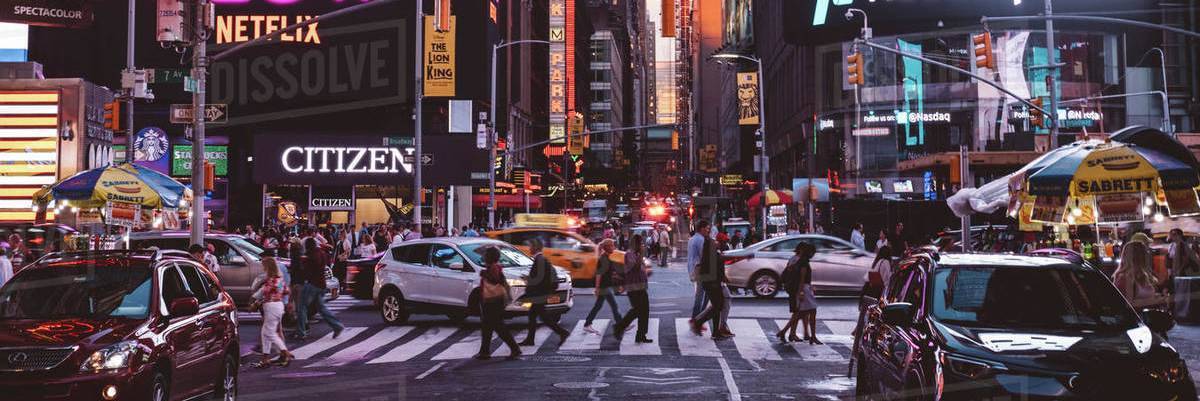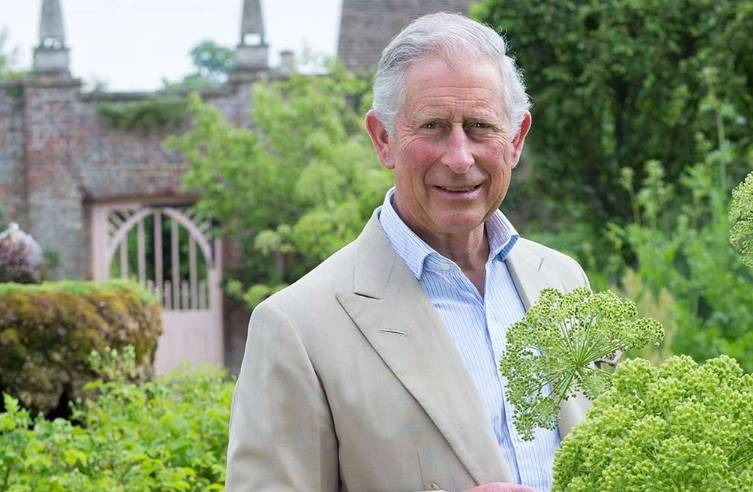After the death of Elizabeth II of the United Kingdom, her son, the until now Prince of Wales, has become the new king. Many people know his love stories, but perhaps less well known is the monarch’s love for the environment.
The new monarch of the United Kingdom’s hobby of gardening is well known. In 1986, in a television interview, the then Prince of Wales declared: “I talk to plants, really, it’s very important to talk to them, they answer me.” These words were mocked inside and outside his country, but they reflected a passion that has always accompanied him: the love of nature.
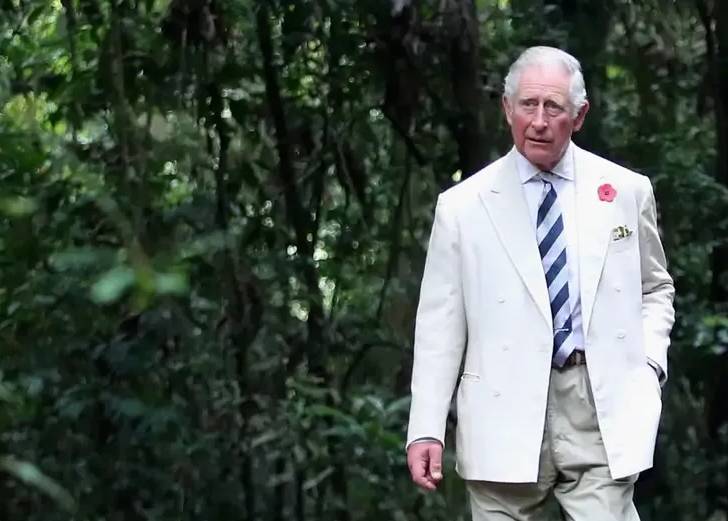
Among the current European kings, Charles III is the one who has risen to the throne with the greatest age (73 years). During all these years, many elements of his character have been able to change, but there is something that has not diminished with the passage of time: his concern for the environment. Proof that this environmentalism has remained unchanged for years is, for example, the environmentalist speech (the first of many) that he gave in February 1970, at the age of 21, in which he expressed his alarm at the growing amount of plastic waste that polluted the environment. Today it seems like an obvious problem – it has been estimated that more than five trillion pieces of plastic litter the oceans – but at that time it only mattered to a few scientists and some ecologists who were labeled hippies and exaggerated.
MORE THAN 50 YEARS OF REAL ACTIVISM
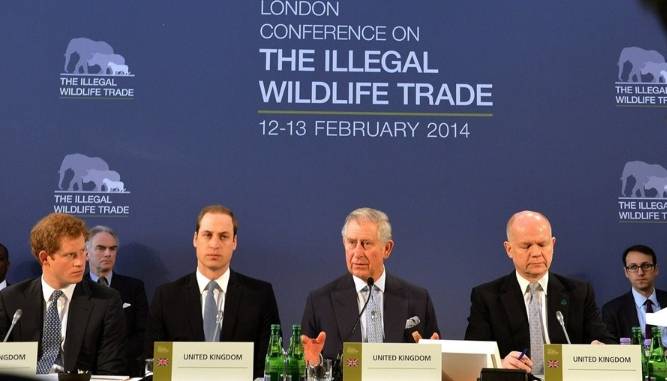
That speech was the beginning of a continuous conservationist task that has left lapidary phrases along the way. In 1989, during a global meeting of experts on the ozone layer, he said that “since the Industrial Revolution, humans have been upsetting that balance [of nature], persistently choosing short-term options, and to hell with the repercussions.” long-term”. In 2011, during the UN climate summit held in Paris, he declared: “It is very simple: we must save our forests, because there is no Plan B to address climate change or many of the other critical challenges facing humanity without them. ”.
“It’s very simple: we must save our forests, because there is no Plan B to address climate change or many of the other critical challenges facing humanity without them,” Charles III of the United Kingdom said at a climate summit.
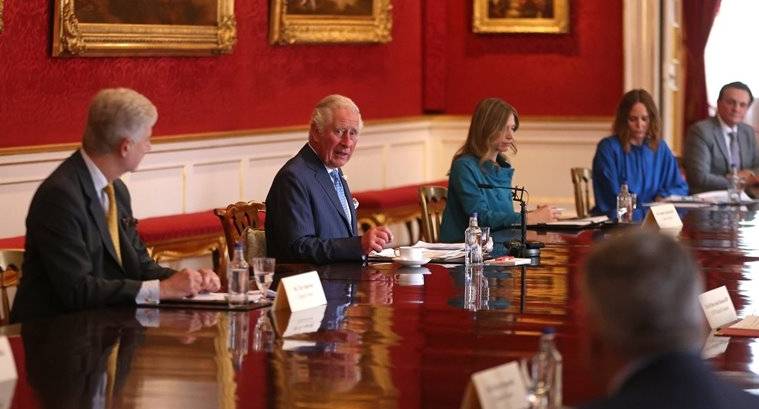
His environmentalism had one of its most media moments at the World Economic Forum held in 2020 in Davos (Switzerland). There he met the famous environmental activist Greta Thunberg, and in a harsh and direct speech he warned of the seriousness of climate change:
“Do we want to go down in history as the people who did nothing to bring the world back from the brink in time to restore balance, when we could have? I do not want”.
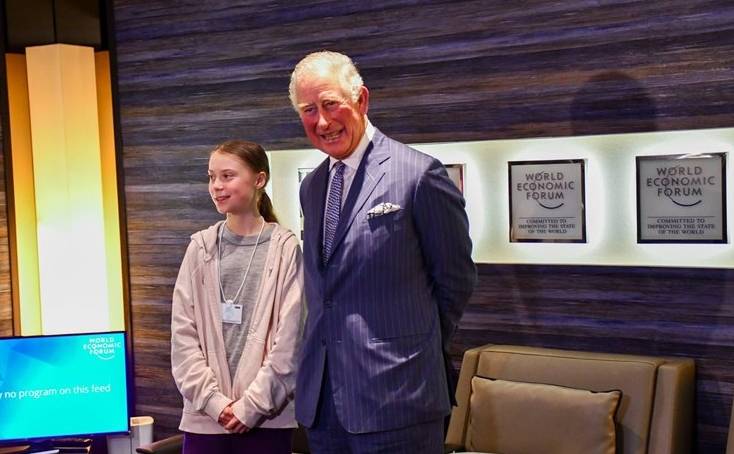
In addition, he took advantage of this annual meeting of world leaders to announce the launch of the Sustainable Markets Initiative, aimed at involving companies in the transition towards a sustainable future. In his own words, it is a “recovery plan that puts nature, people and the planet at the center of global value creation.” In 2007, the eldest son of the queen who was queen for more than 70 years, Elizabeth II, had already promoted the Prince’s Rainforest Project, to fight against the deforestation of tropical forests.
A MEDIA AND AWARD-WINNING KING
Charles III has used all the means available to him in his green crusade: in addition to his speeches, his statements and his sponsorship and support of all kinds of conservation and sustainable projects, he has recorded documentaries, published articles and has even published books to the regard. In fact, last May Armonía was launched in Spanish, an essay he wrote in collaboration with Ian Skelly, BBC presenter, and environmentalist Tony Juniper. In this work published in English in 2010, the monarch defends that the solution to climate change and poverty involves “reaching a balance with nature.”
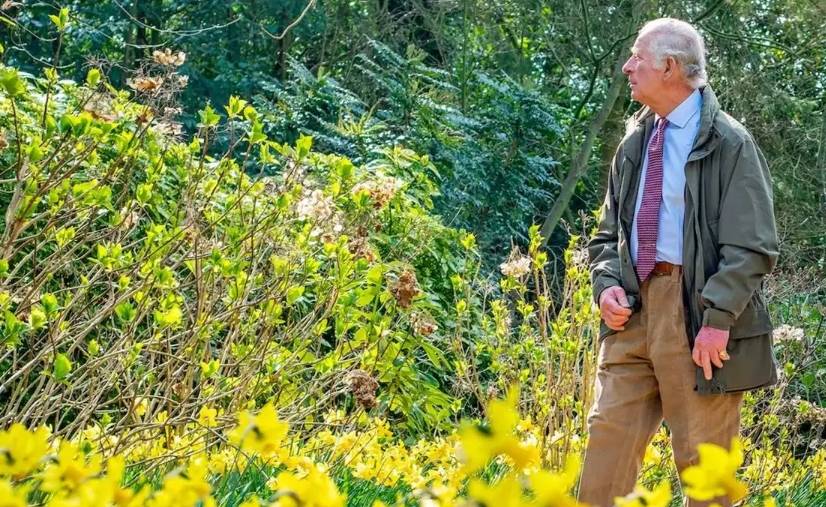
In 1990, he presented the documentary His Royal Highness the Prince of Wales: The Earth in Balance for the BBC. A Personal Vision of the Environment, in which he insisted that we should change our relationship with nature. Proof of this ecological vision is that his more than 50 years of fighting to preserve ecosystems and biodiversity have been recognized with several international awards that have highlighted his contribution to the preservation and protection of the environment.
AN EQUAL GREEN REIGN?
The “eternal heir”, as he has often been called, has landed on the English throne in the midst of the climate crisis, with global warming running rampant even in the cool, green UK, which experienced a historic heat wave this summer (in Heathrow reached 40.2ºC) which brought the country to a standstill and led the new king to say that “net zero emissions commitments have never been more important than now that we are all sweltering”. He has tried to lead by example: according to the British Royal House, when he was Prince of Wales, “around half of his home and office energy use came from renewable sources”, and his activity was intended to have the minimum impact environment, including your travels.
When he was Prince of Wales, “around half of his home and office energy use came from renewable sources,” they say from the British Royal House.
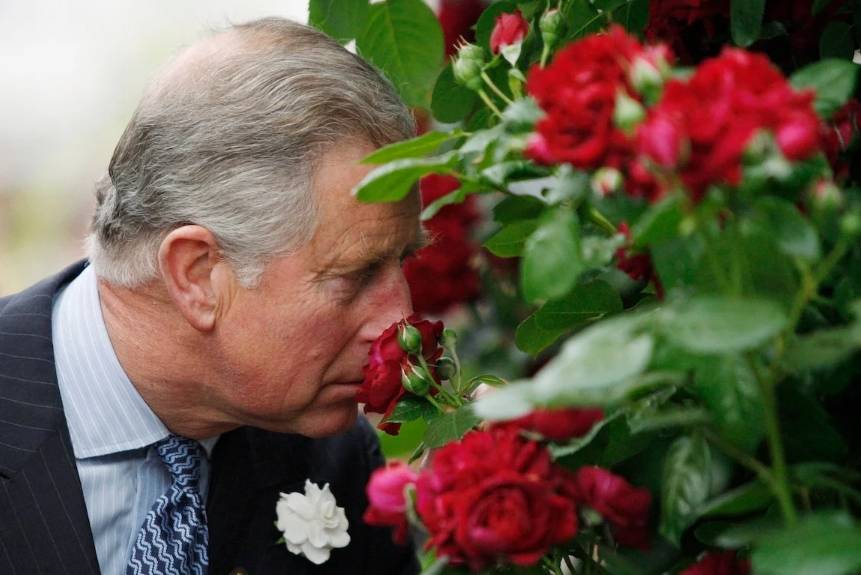
The new King Charles III of the United Kingdom has always tended to express himself freely, openly, and his interest in nature could bring him closer to the British youth, among whom he is not at all popular. However, how will he be able to combine his defense of the environment with his strict obligation to maintain political neutrality, something in which his mother was exemplary during his 70-year reign?
Last year, Charles met by videoconference with Commonwealth leaders to accelerate action against climate change and promote sustainable investments. It may be a clue as to what a man who once said:
“I have always believed that living on a finite planet means that, in order to maintain its viability, we must recognize that it imposes certain restrictions and limits on our existence, will try to promote from his symbolic position. human ambition”.
Only time will tell.

